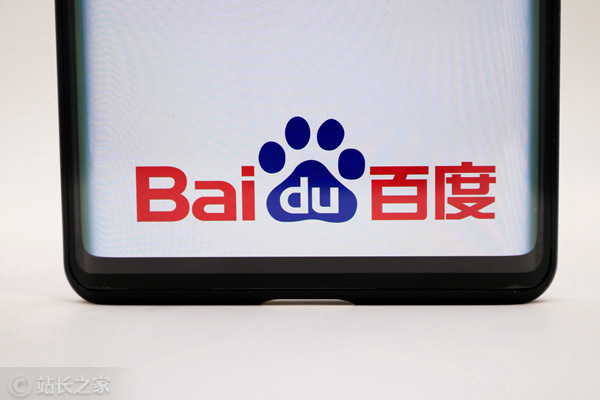At the World Government Summit held in Dubai on February 11, 2025, Baidu founder Robin Li and UAE AI Minister Omar Sultan Olama conducted in-depth discussions on the future development of AI infrastructure. The dialogue revolved around the stock price fluctuations of large chip manufacturers and exchanges caused by the DeepSeek incident. The two sides had in-depth exchanges on issues such as the necessity of continuing to invest in AI infrastructure, the exploration of efficient training paths, and the lack of super applications in the ToC field, and also discussed the issue of the need to continue to invest in AI infrastructure, the development of efficient training paths, and the lack of super applications in the ToC field. The prospects for AI development express their respective views. Robin Li emphasized the importance of continuous investment and shared Baidu's experience and challenges in the application of big models.
On February 11, 2025, at the World Governments Summit held in Dubai, UAE, Baidu founder Robin Li had an in-depth conversation with UAE AI Minister Omar Sultan Orama to jointly discuss the future development trends of AI infrastructure.
During the conversation, Olama mentioned the recent events of DeepSeek attracting global attention, resulting in sharp fluctuations in the stock prices of many large chip manufacturers and exchanges, and asked Li Yanhong about his views on the future of data centers and AI infrastructure. Li Yanhong said that despite rapid technological progress and continuous reduction in costs, continuous investment in AI infrastructure is still the key to ensuring that it is at the forefront of technological innovation. He believes that technological advancement and cost reduction are the most important themes at present, and to ensure that we remain ahead of this technological innovation revolution, continuous investment in chips, data centers and cloud infrastructure must be made to create better and smarter Next generation model.

Robin Li further pointed out that finding more efficient training paths requires investing a lot of computing power to try, which may lead to huge investment in the early stage, but once a shortcut is found, it will be able to significantly reduce the training cost. However, Orama expressed concern about this, believing that this is similar to the dilemma of a gambler, that is, after investing a lot of money, he faces pressure to recover costs. Li Yanhong is optimistic about this, believing that the big language model has created a lot of value in various scenarios, and pointed out that Baidu has hundreds of thousands of customers using big models to improve the efficiency of recruitment, e-commerce, health care and other fields.
At the same time, Robin Li also admitted that although many application cases have been seen in the ToB field, there have been no super applications like the mobile Internet era or social media in the ToC field. He said that the whole world is anxiously looking for such a super app, and although applications such as ChatGPT perform well, they still have a long way to go before becoming a real super app.
This dialogue demonstrates in-depth thinking on the future development direction of AI infrastructure and also reflects the balance strategy of global technology giants in technological innovation and commercial applications. Li Yanhong’s views provide valuable reference for the future development of the AI industry, and also indicate that AI technology will continue to evolve and play an important role in more fields.